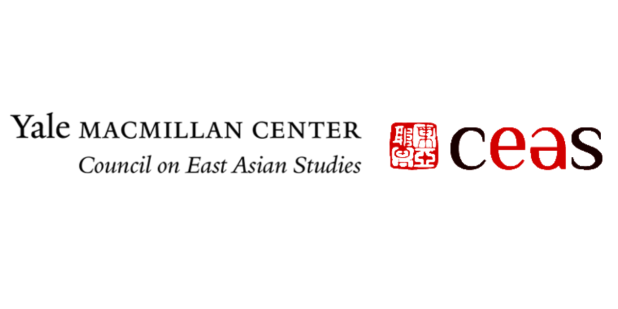Happy Lunar New Year from the USC US-China Institute!
Making It Count: Statistics and Statecraft in the Early People’s Republic of China
The Yale Council on East Asian Studies presents a talk by Arunabh Ghosh on the history of statistical data in the early days of the PRC.

In 1949, at the end of a long period of wars, one of the biggest challenges facing leaders of the new People’s Republic of China was how much they did not know. The government of one of the world’s largest nations was committed to fundamentally reengineering its society and economy via socialist planning while having almost no reliable statistical data about their own country. Making It Count is the history of efforts to resolve this “crisis in counting.” Drawing on a wealth of sources culled from China, India, and the United States, Arunabh Ghosh explores the choices made by political leaders, statisticians, academics, statistical workers, and even literary figures in attempts to know the nation through numbers.
Ghosh shows that early reliance on Soviet-inspired methods of exhaustive enumeration became increasingly untenable in China by the mid-1950s. Unprecedented and unexpected exchanges with Indian statisticians followed, as the Chinese sought to learn about the then-exciting new technology of random sampling. These developments were overtaken by the tumult of the Great Leap Forward (1958–61), when probabilistic and exhaustive methods were rejected and statistics was refashioned into an ethnographic enterprise. By acknowledging Soviet and Indian influences, Ghosh not only revises existing models of Cold War science but also globalizes wider developments in the history of statistics and data.
Anchored in debates about statistics and its relationship to state building, Making It Count offers fresh perspectives on China’s transition to socialism.
Arunabh Ghosh (BA Haverford; PhD Columbia) is a historian of twentieth century China with interests in social, economic, and environmental history, (transnational) histories of science and statecraft, and China-India history. He is currently an Associate Professor in the History Department at Harvard University. Ghosh’s first book, Making it Count: Statistics and Statecraft in the early People’s Republic of China (Princeton University Press, 2020), offers new perspectives on China’s transition to socialism in 1949 by investigating an elemental but hardly elementary question—how did the state build capacity to know the nation through numbers? He has also begun work on two new projects: a history of Chinese dam-building in the twentieth century and a history of China-India scientific connections, ca. 1920s to 1980s. Ghosh’s work has appeared in the Journal of Asian Studies, Osiris, BJHS Themes, EASTS, PRC History Review, and other venues.
Text from Yale Council on East Asian Studies
Featured Articles
We note the passing of many prominent individuals who played some role in U.S.-China affairs, whether in politics, economics or in helping people in one place understand the other.
Events
Ying Zhu looks at new developments for Chinese and global streaming services.
David Zweig examines China's talent recruitment efforts, particularly towards those scientists and engineers who left China for further study. U.S. universities, labs and companies have long brought in talent from China. Are such people still welcome?






